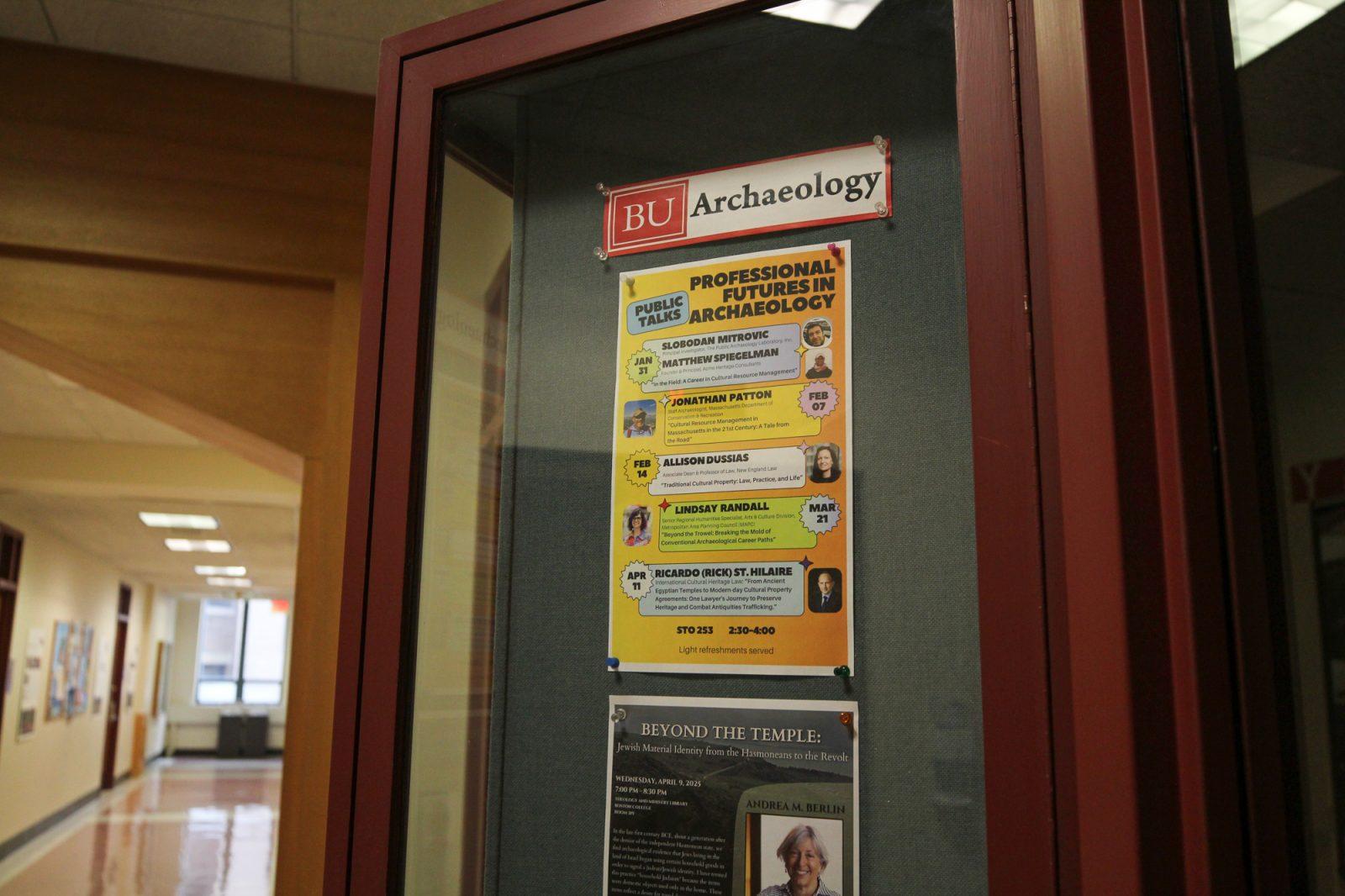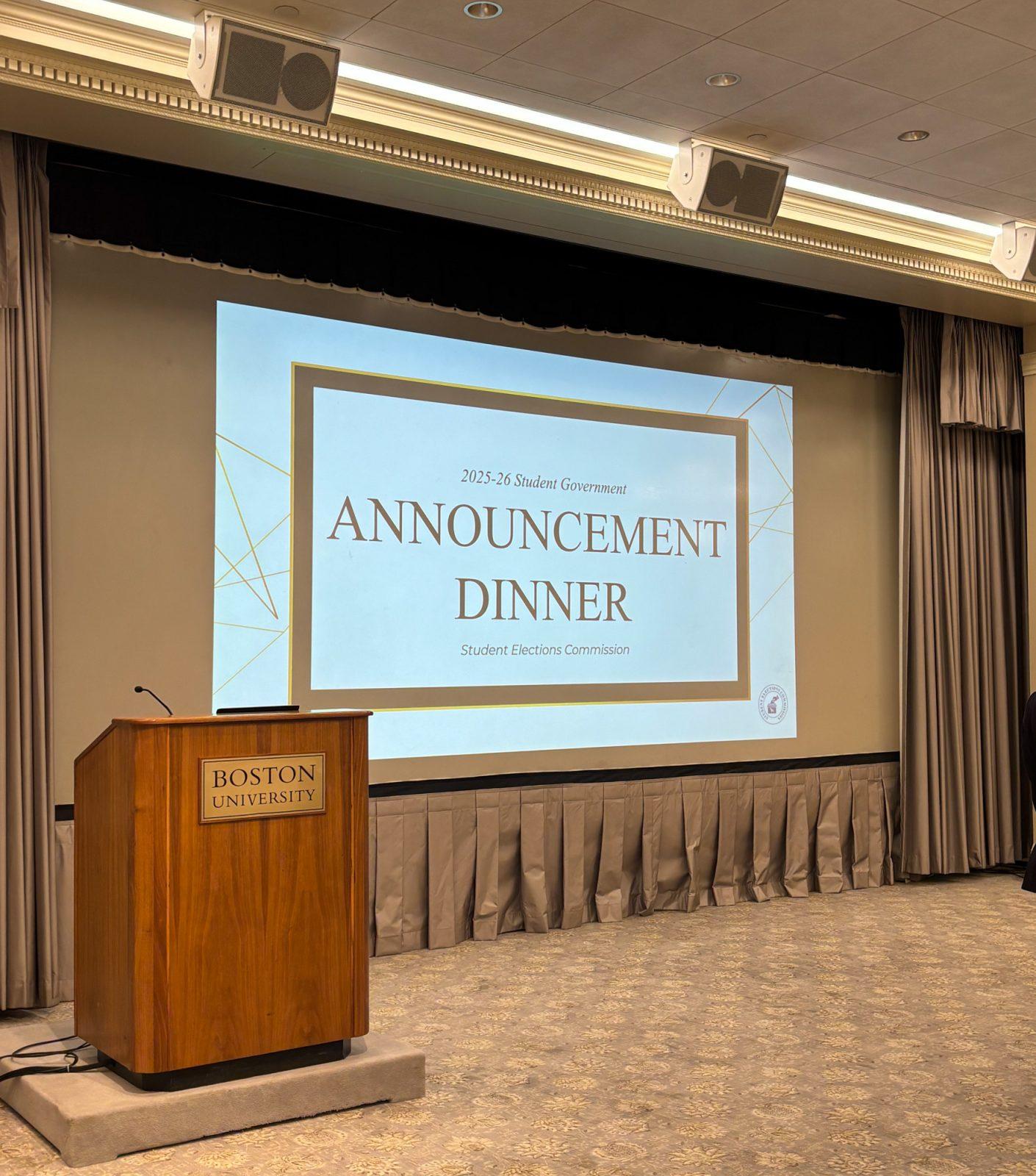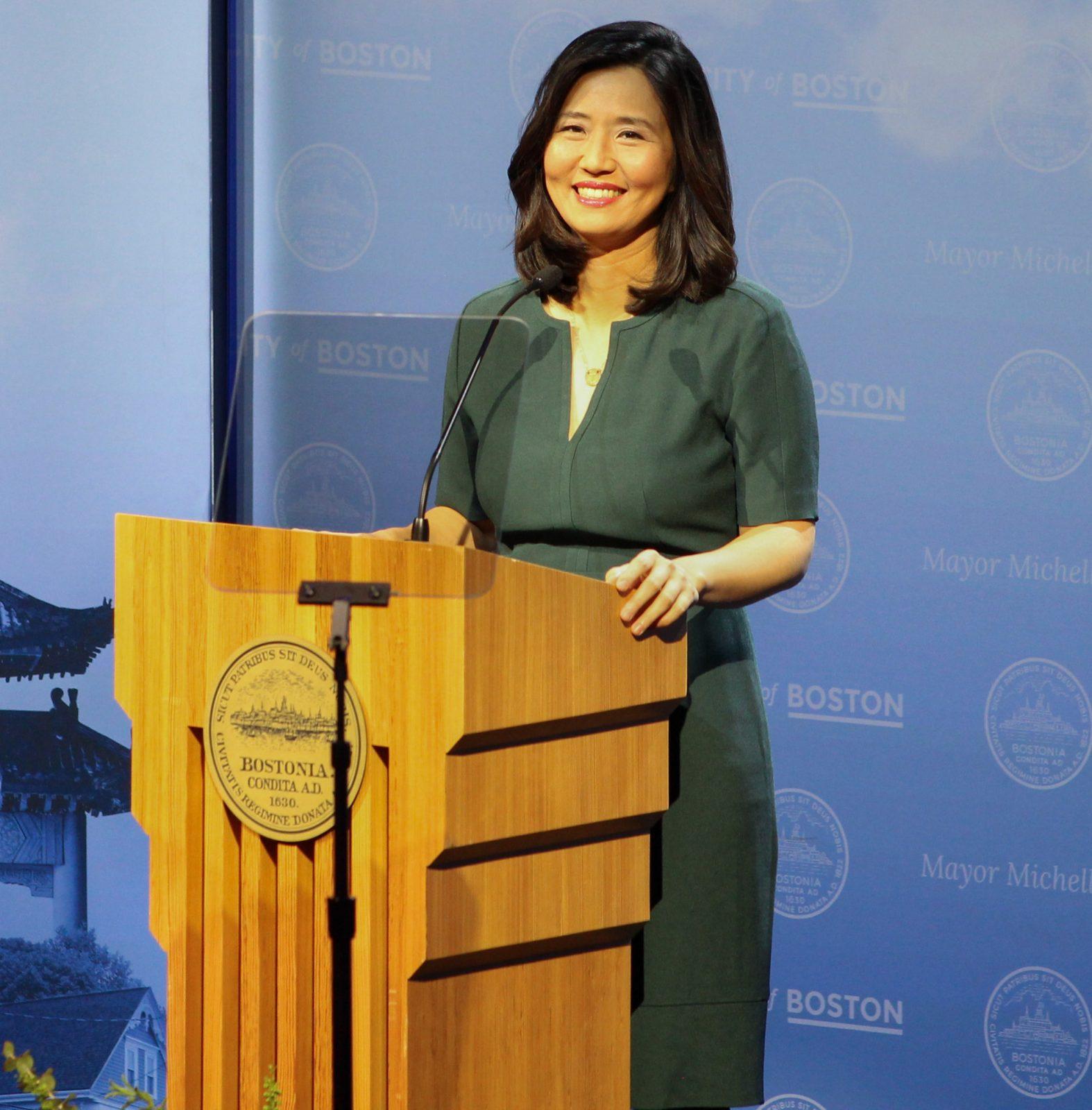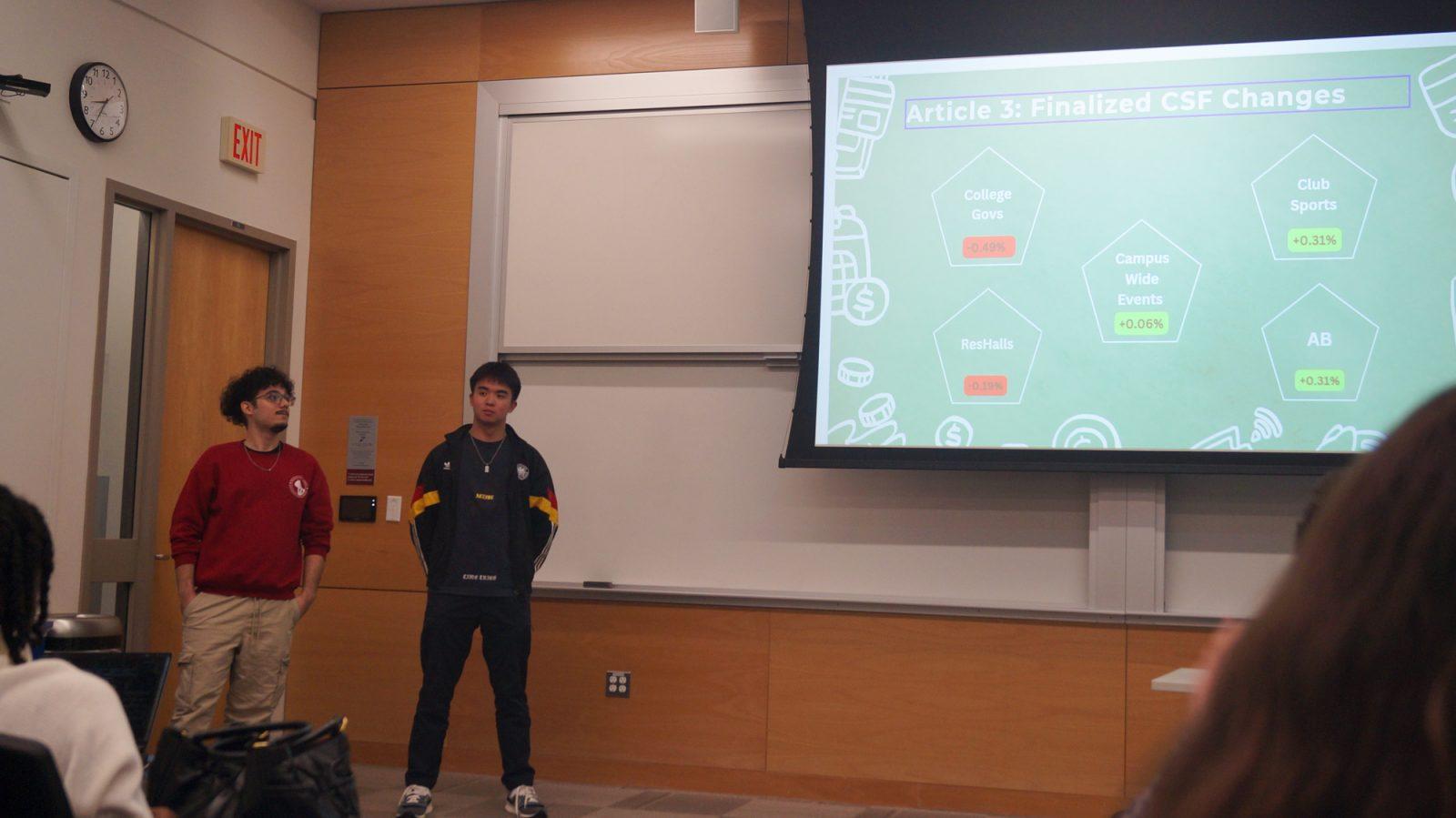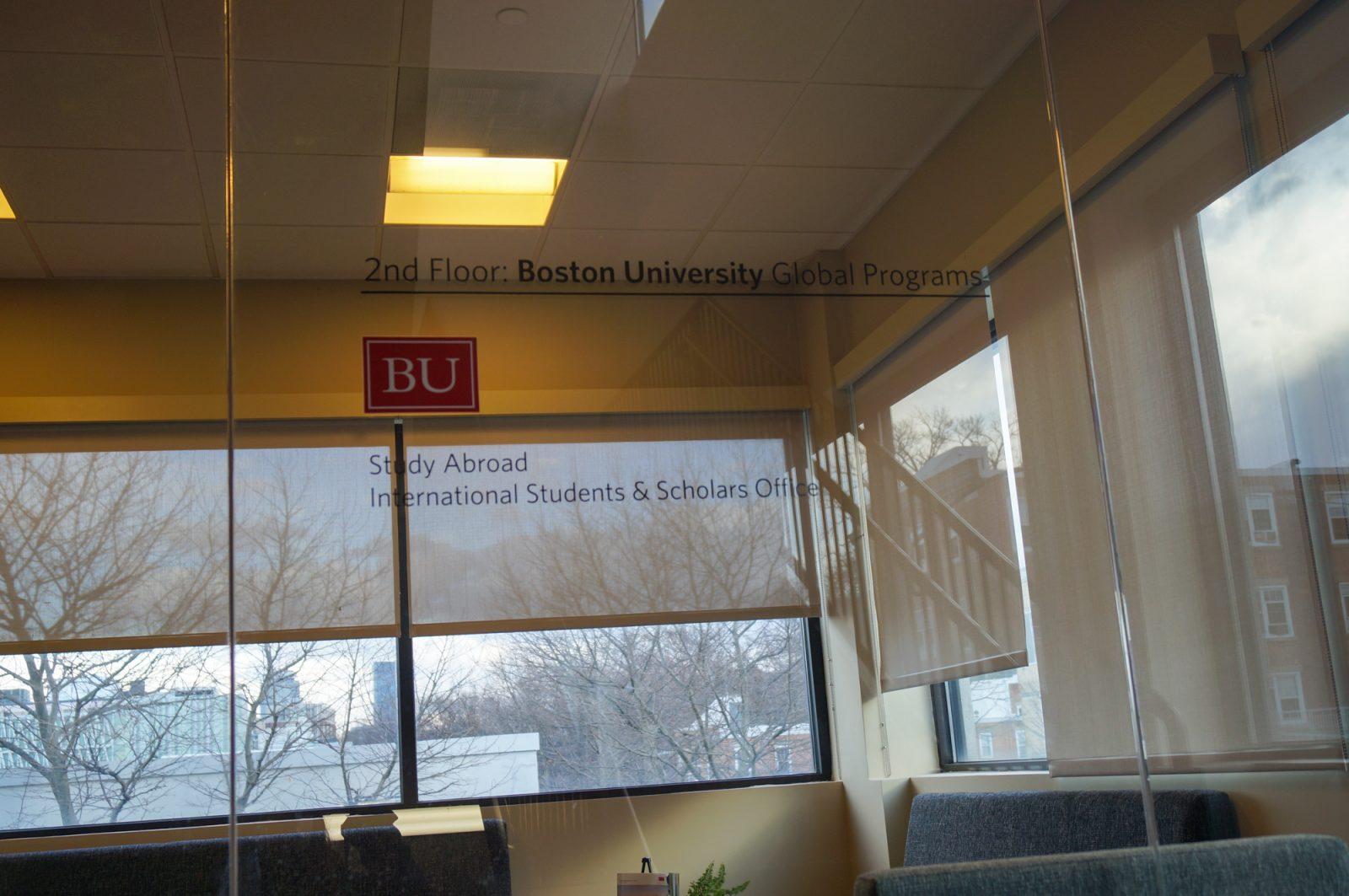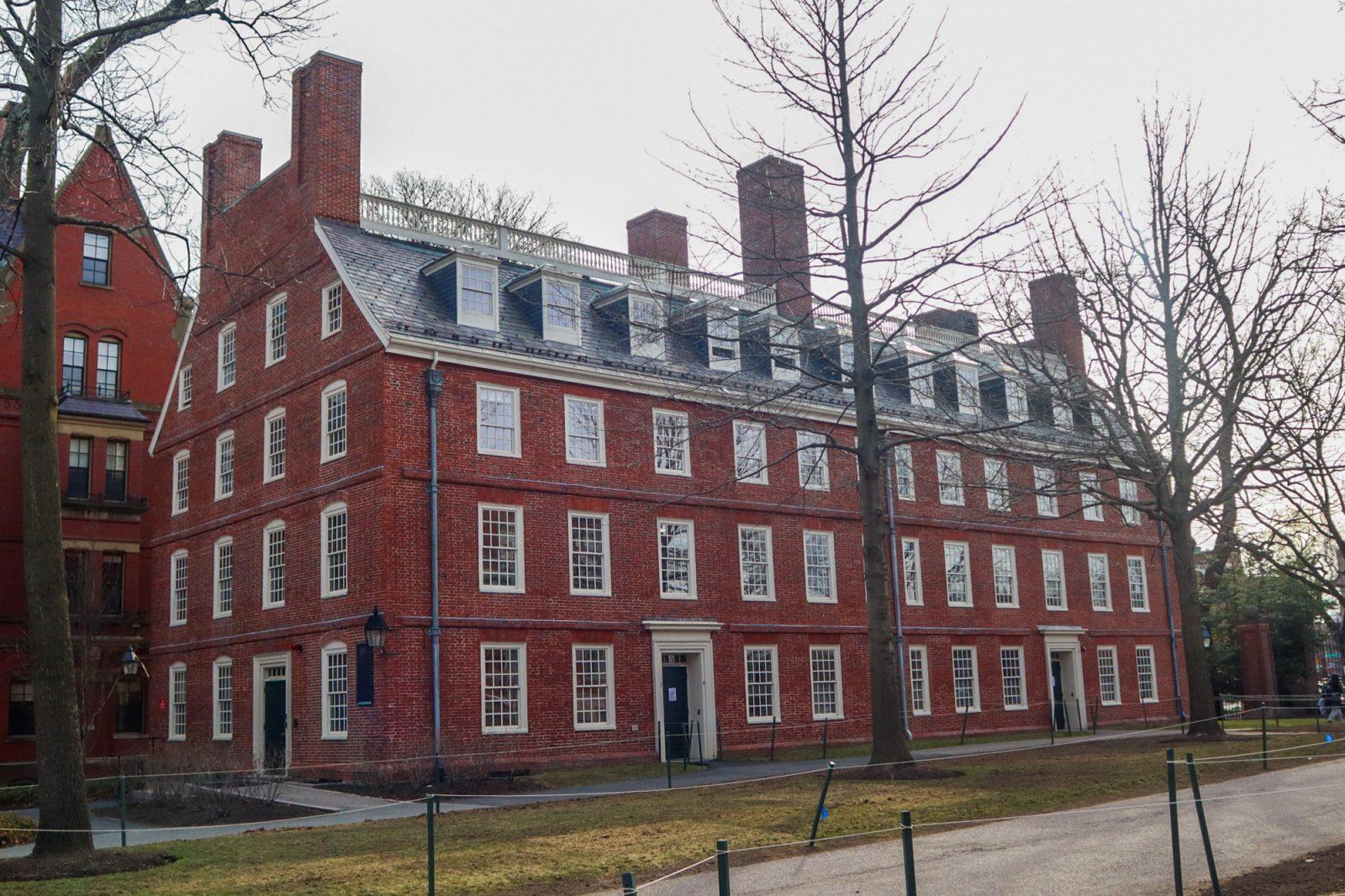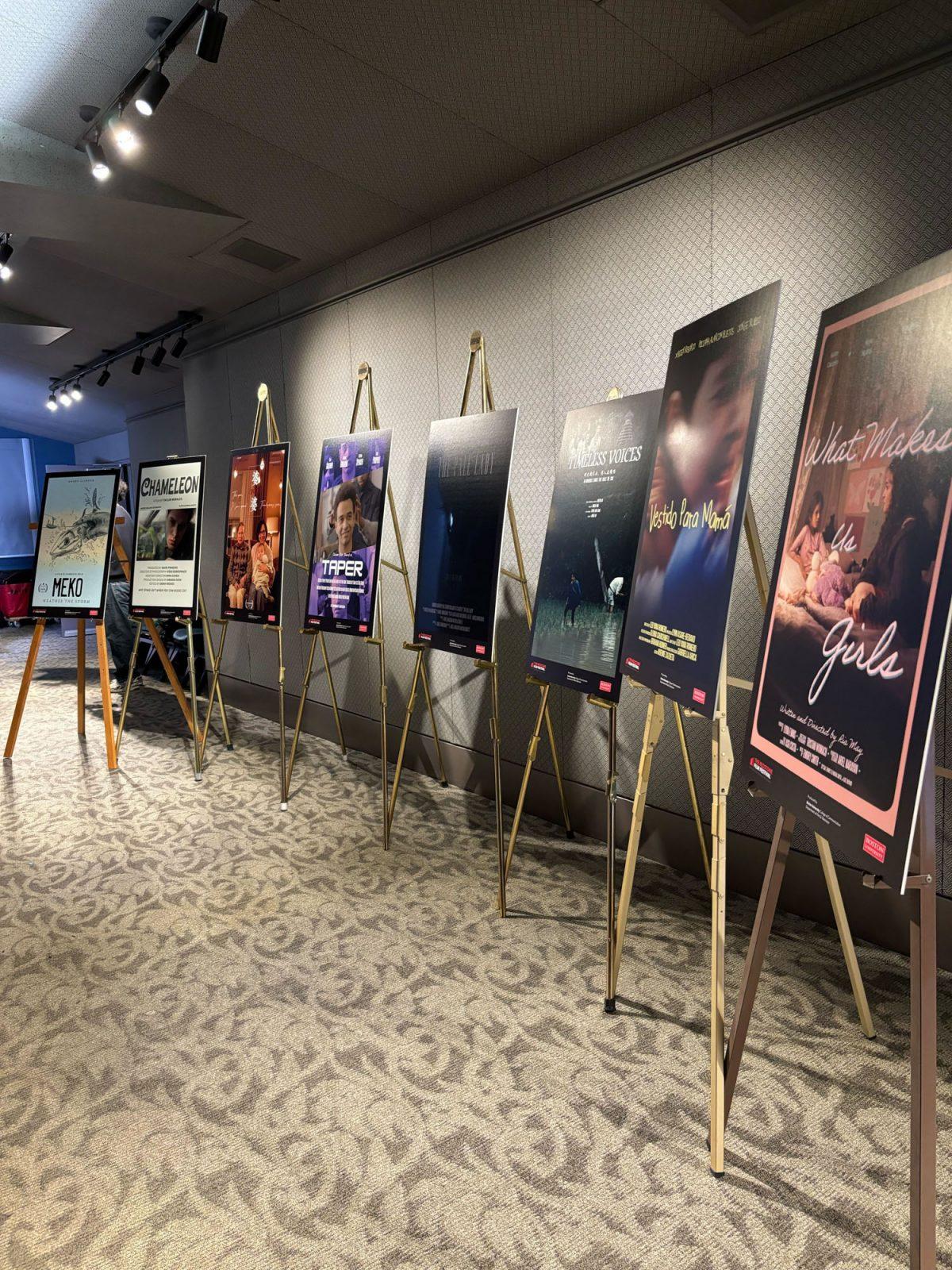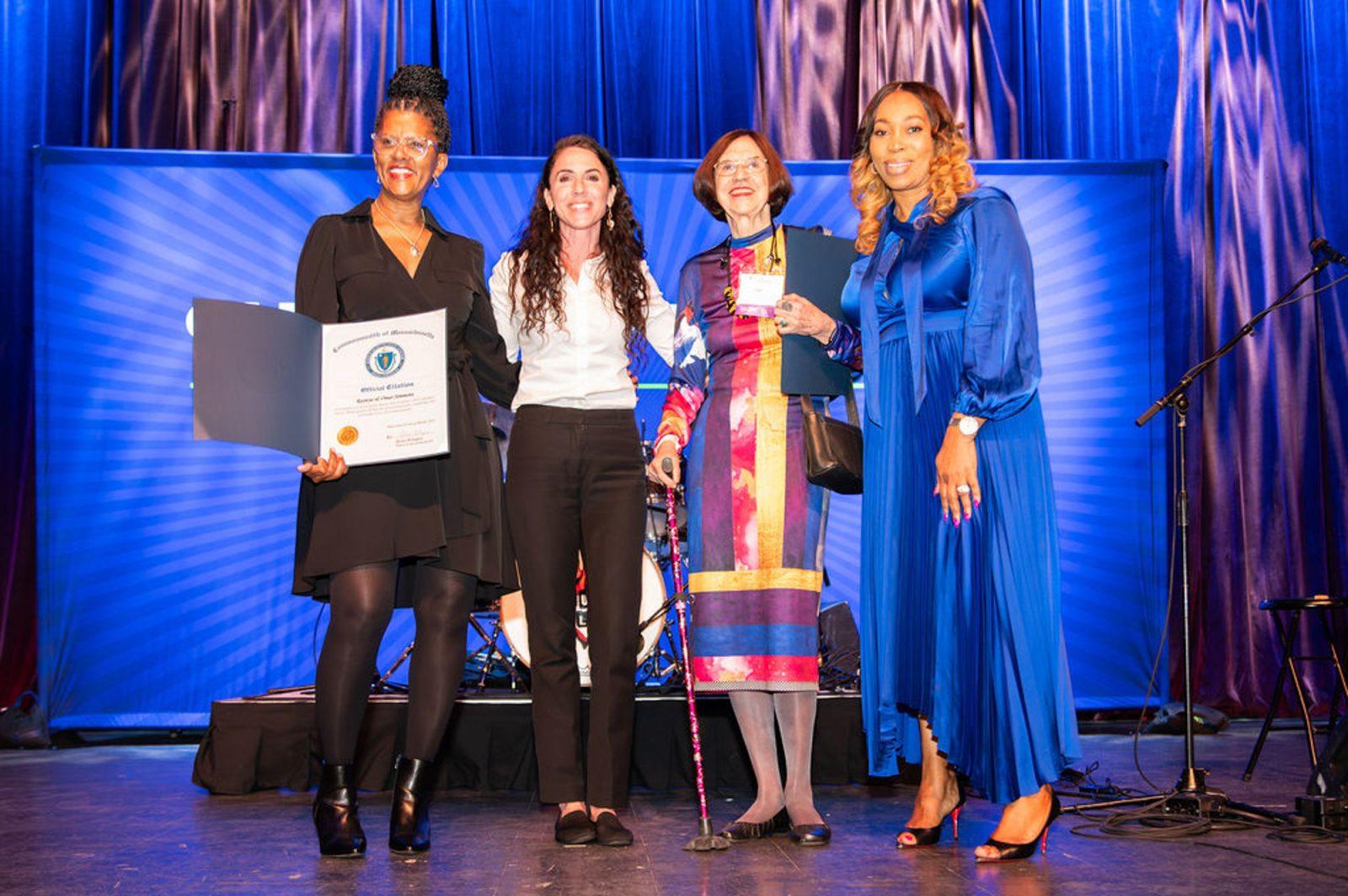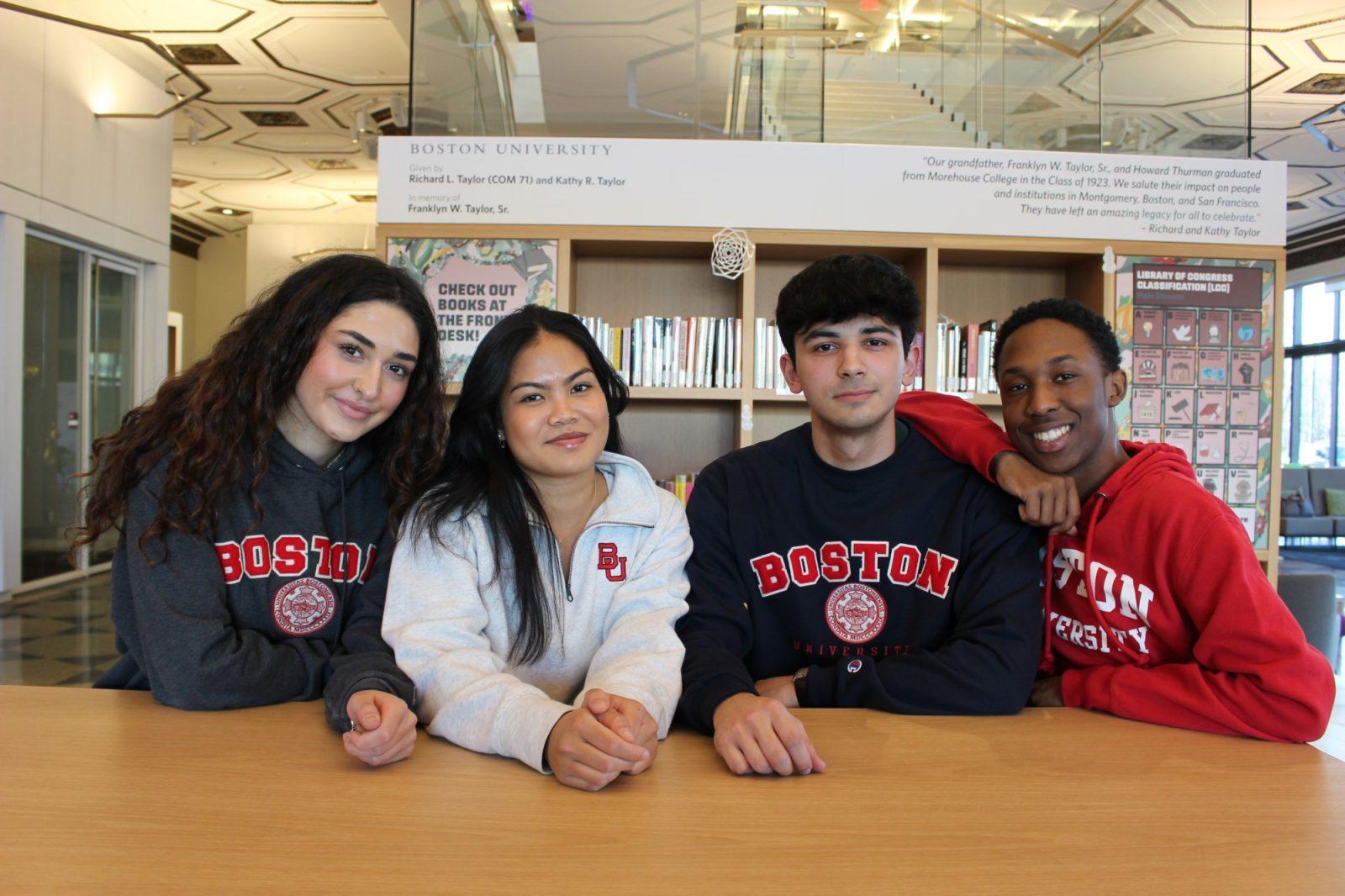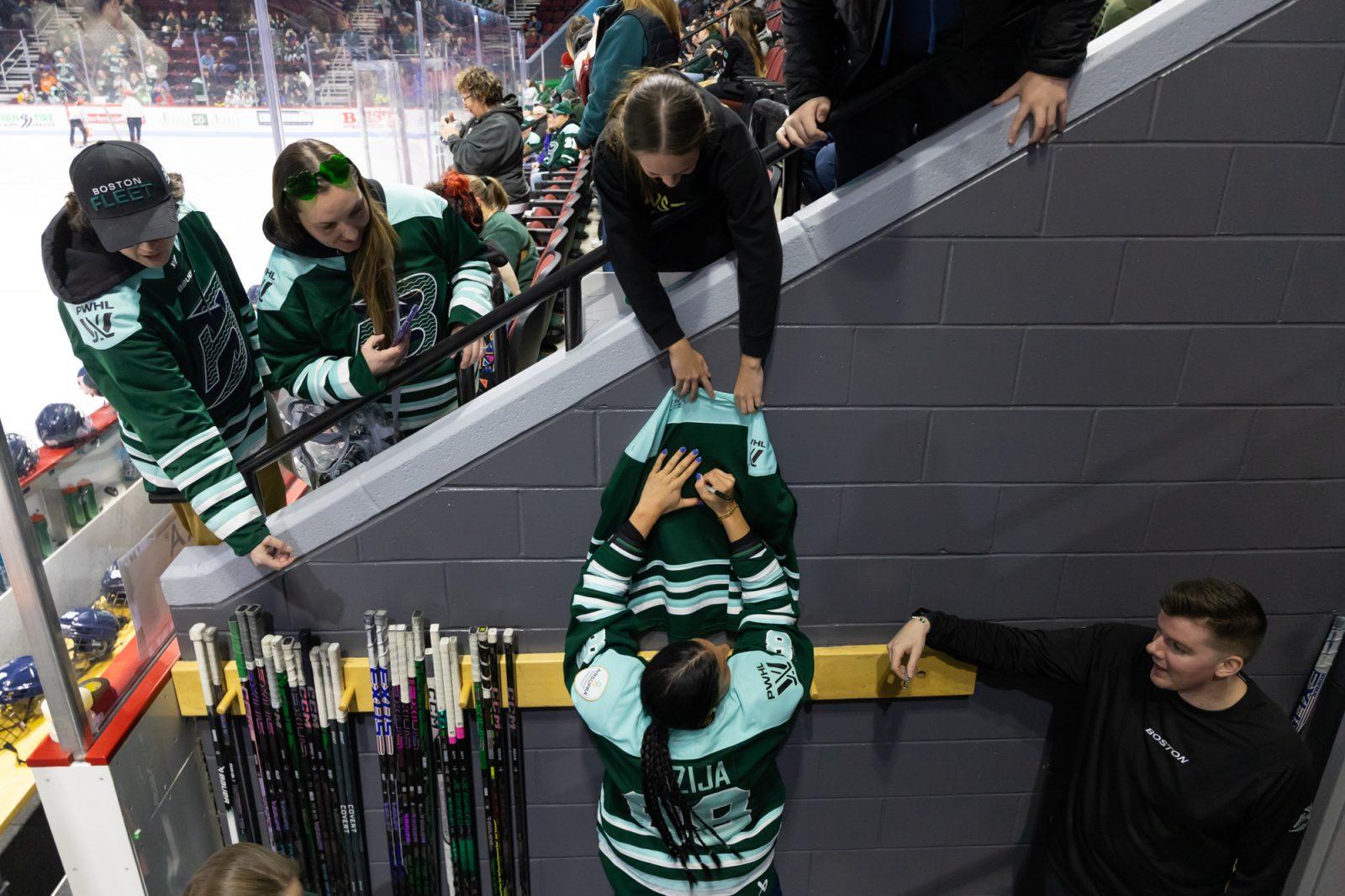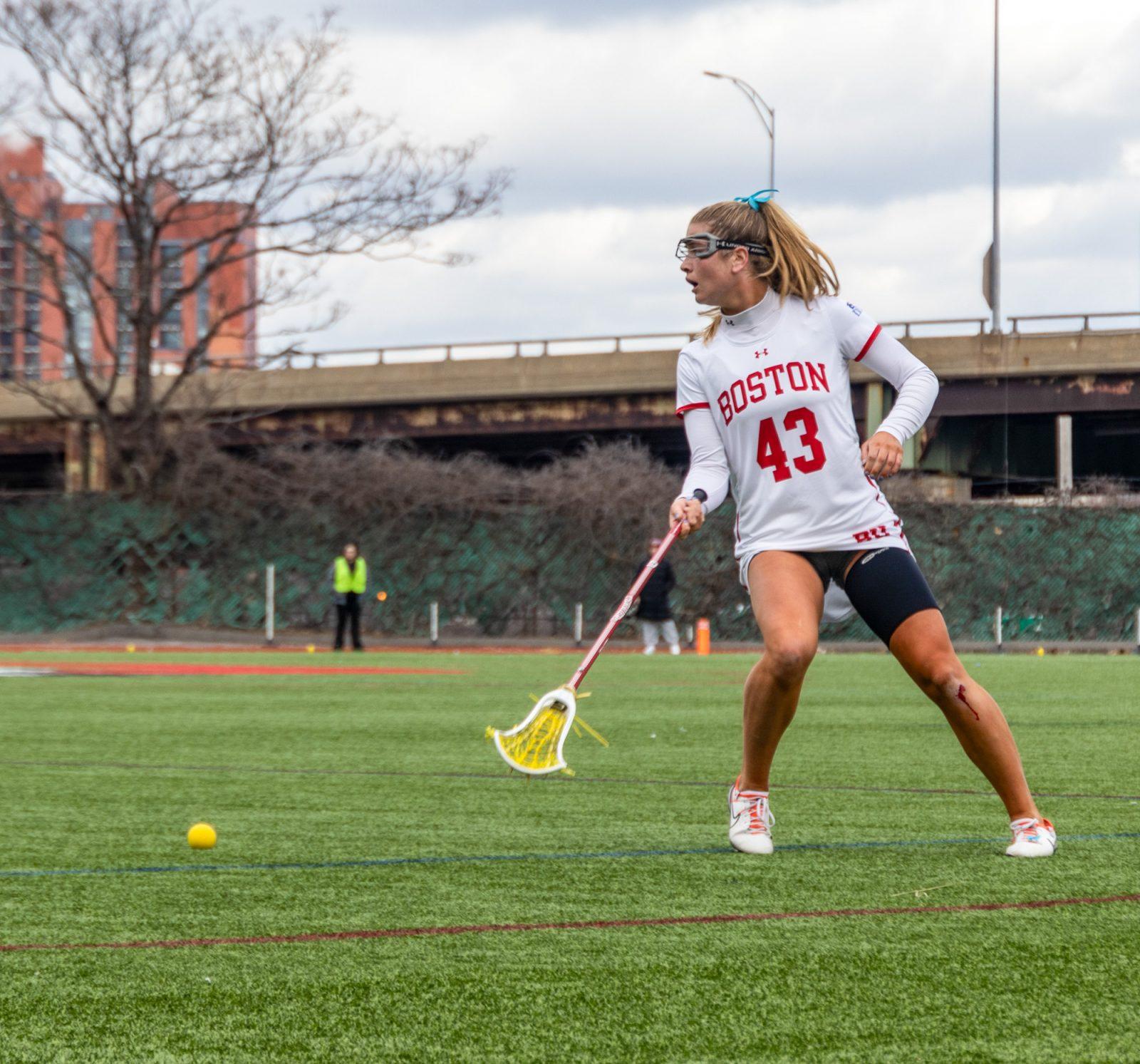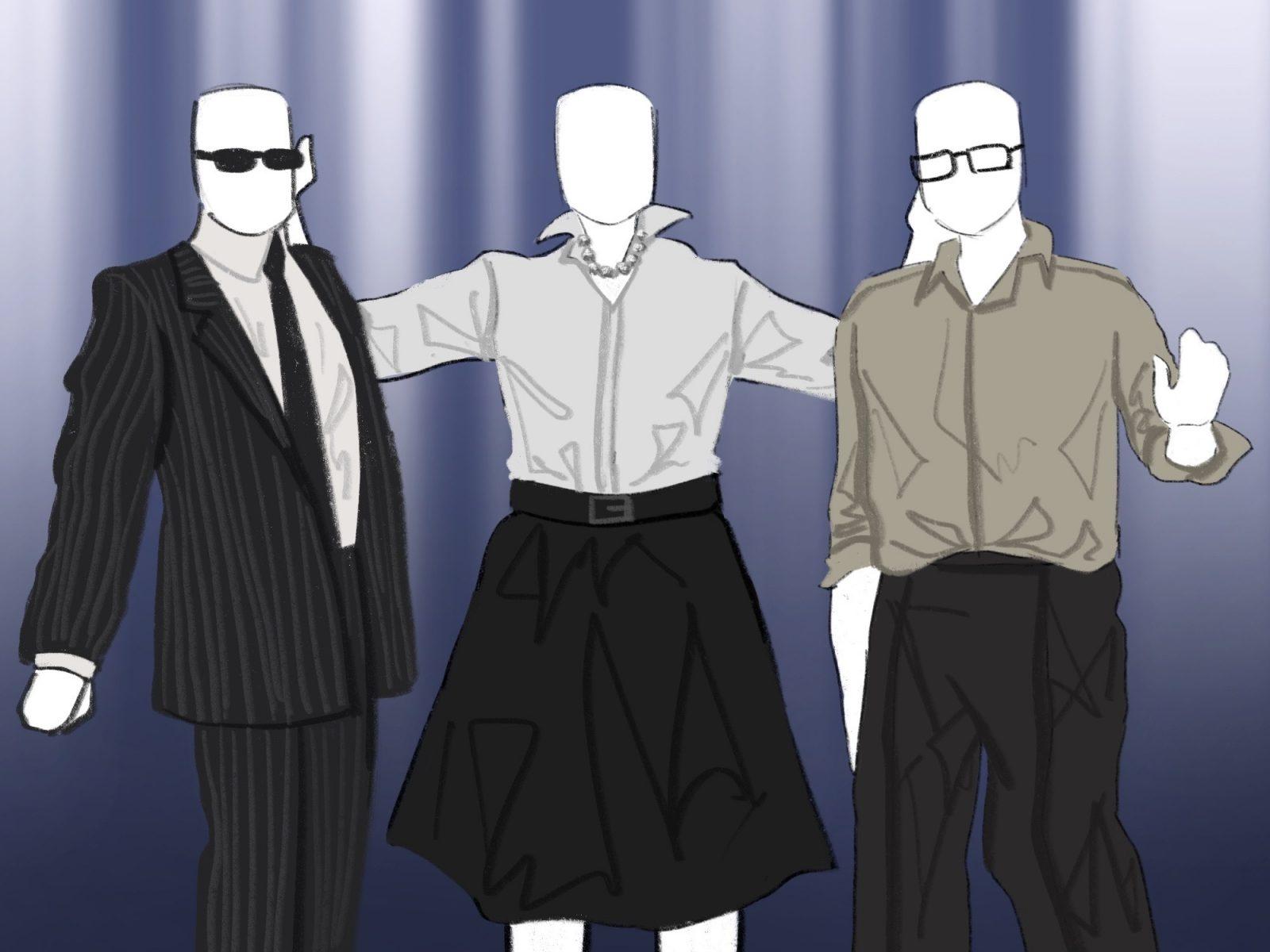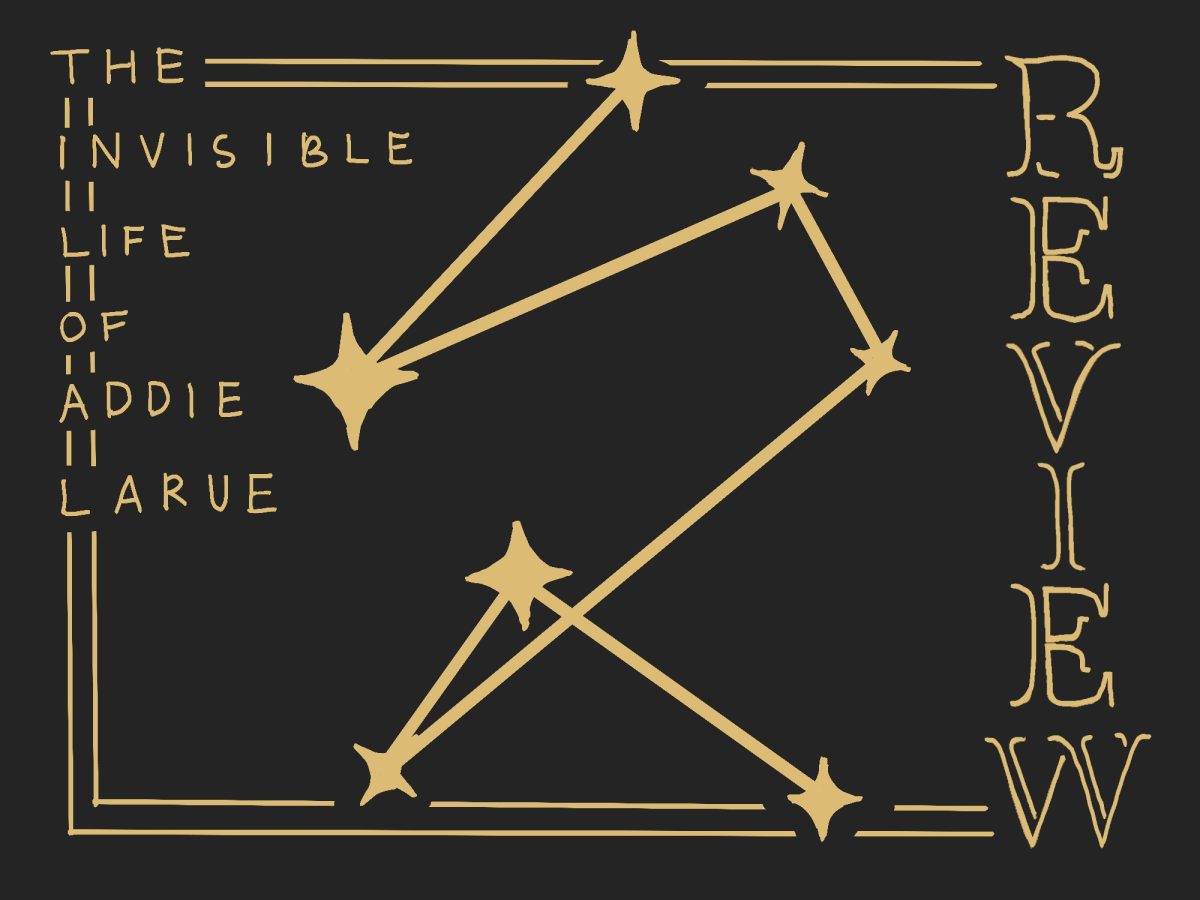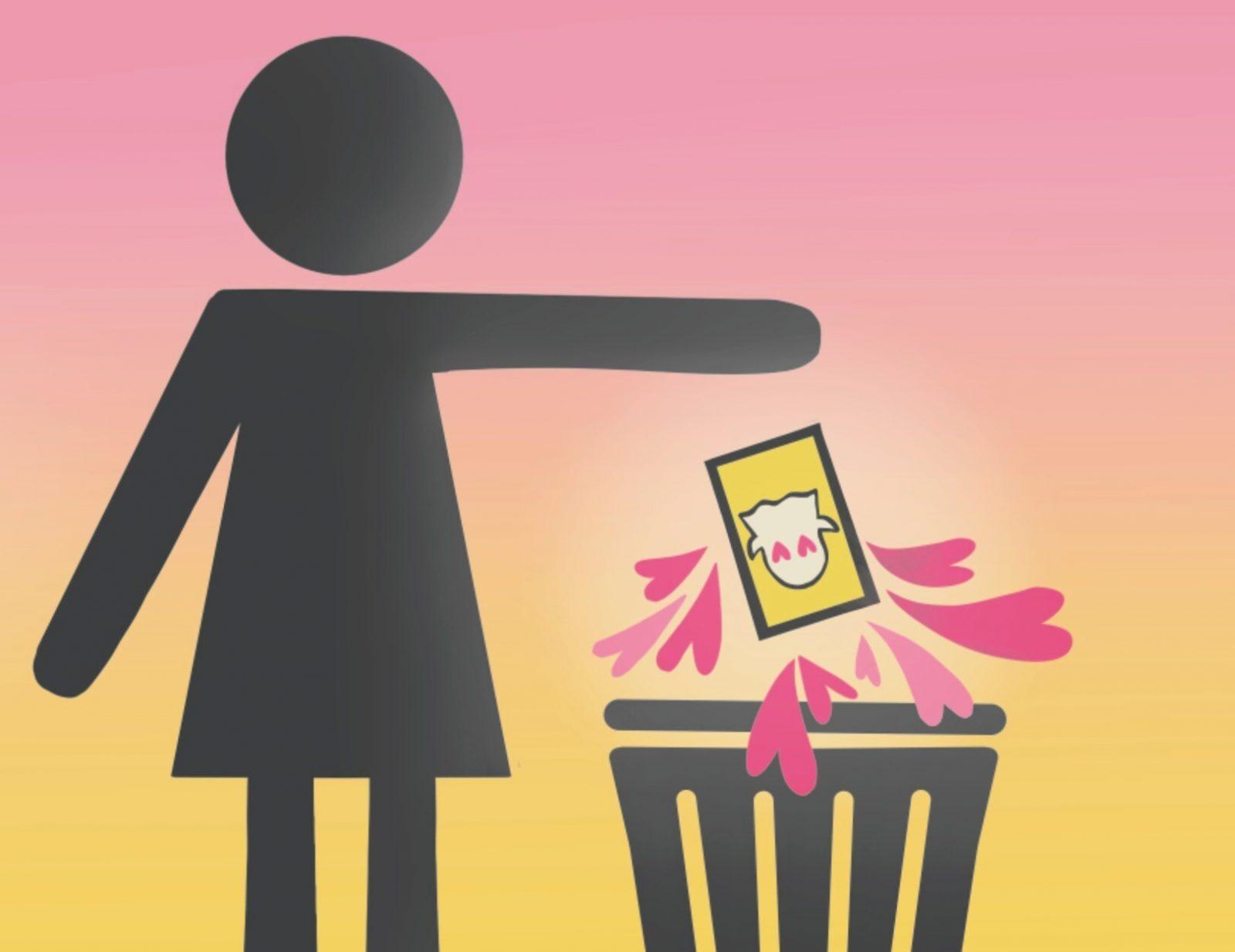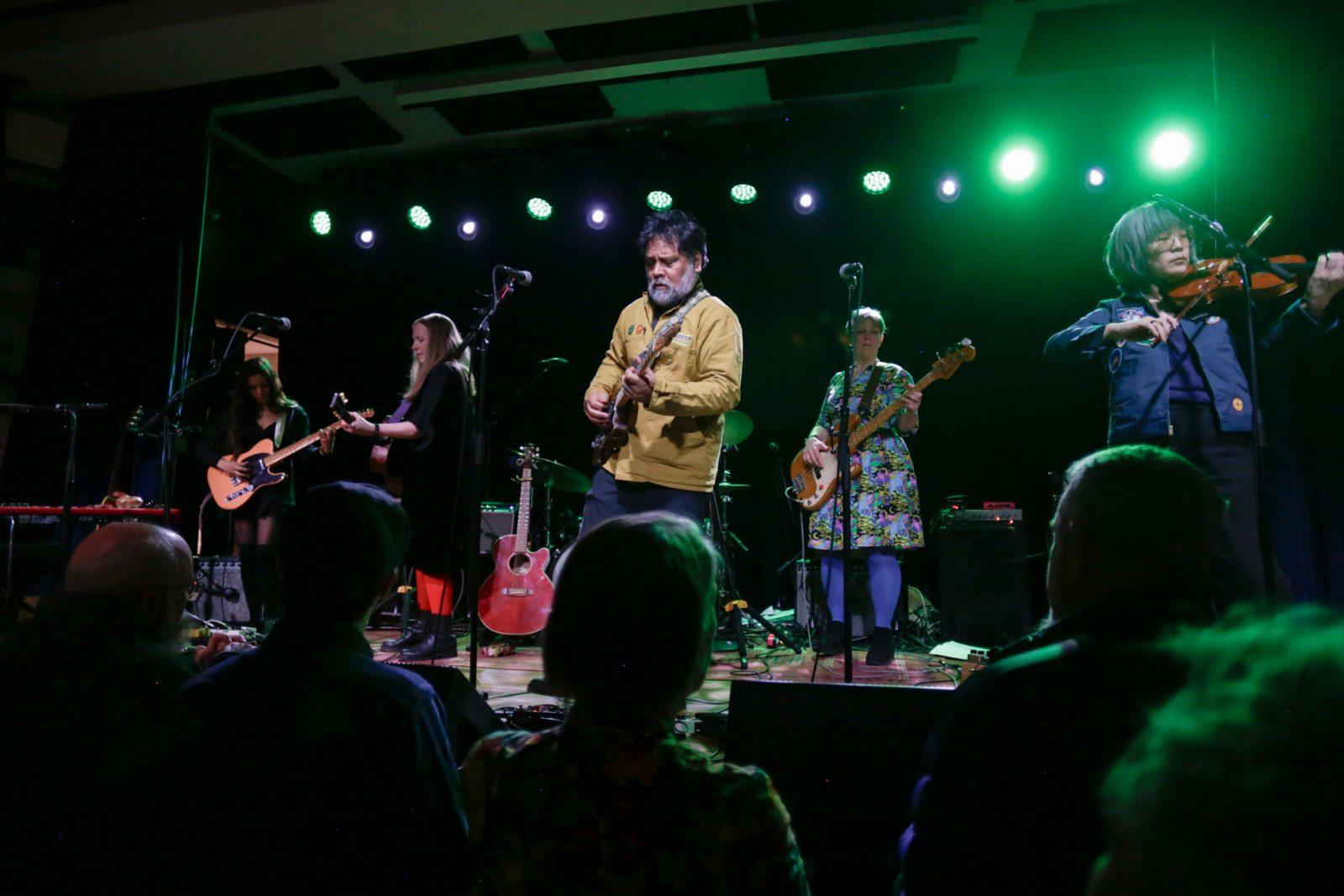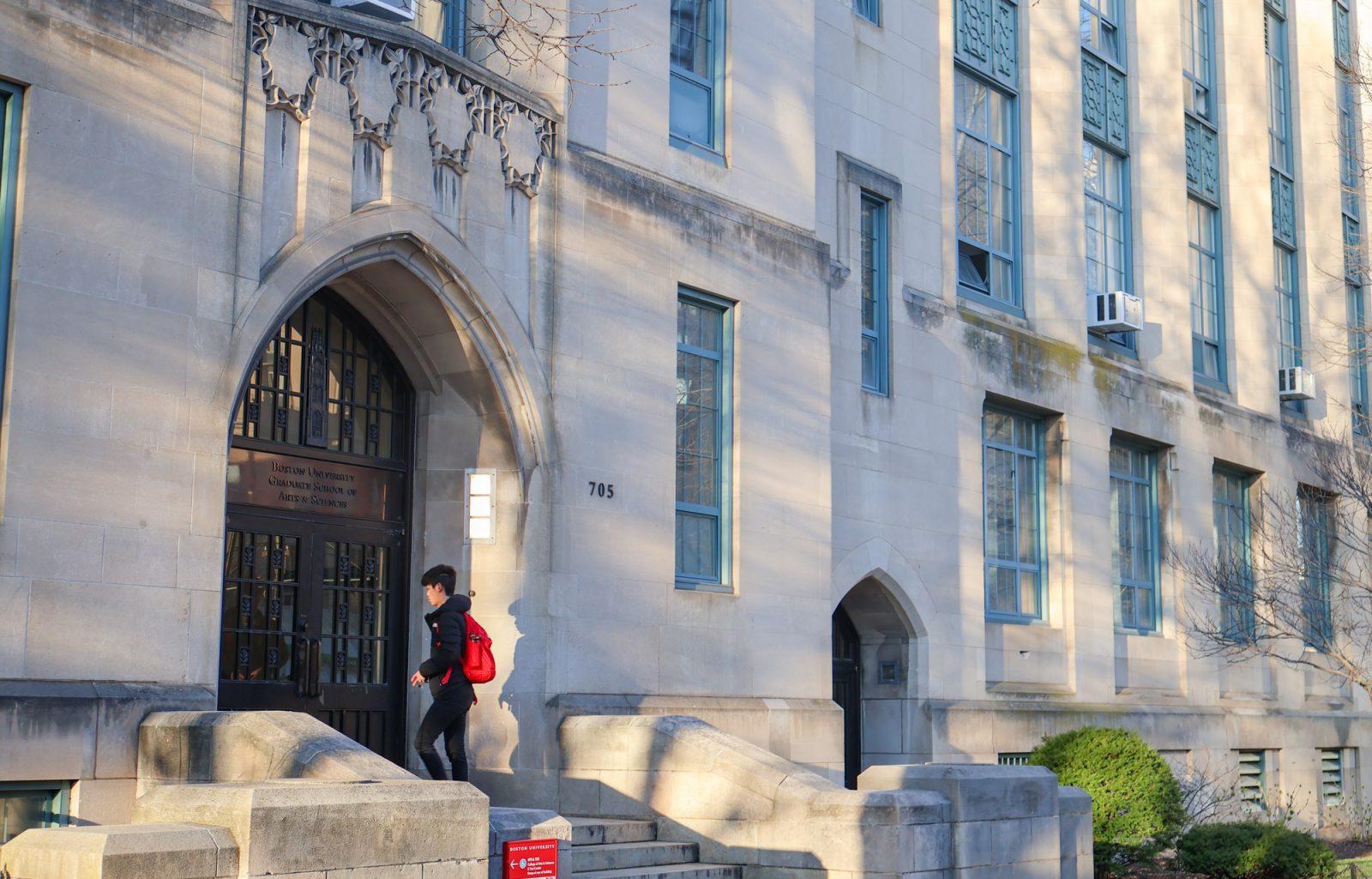Although Wilma Peebles-Wilkins was first interested in microbiology, she now works as dean of the School of Social Work, the result of a combination of job offers, a modest upbringing, a desire to help and even genetics.
Peebles-Wilkins’ father turned out lights in their Raleigh, N.C., home and budgeted carefully so his small income could send any of his nine children to college if they desired to attend. Her mother trained to be a teacher but ended up caring for her family and most of the other children in the neighborhood. After a job offer provided money for graduate work, social work interested Peebles-Wilkins.
With almost 35 years of involvement in social work and 25 years in higher education, Peebles-Wilkins said longevity is the main reason the state chapter of the National Association of Social Workers honored her with the Greatest Contribution to Social Work Education Award on March 13.
“Deans do a lot of supporting and responding to other people’s needs,” Peebles-Wilkins said. “Sometimes we need our own time and our own moment when someone expresses appreciation.”
As dean, she recruits faculty, develops curriculum, manages the budget and plans technology development. She loves her job, although she says she sometimes sees more papers than people, especially because she has not taught during her previous two years of work on the accrediting commission.
“I came into social work education because I love to teach,” Peebles-Wilkins said. “Administration was never my goal. I’m good at it because I like to tend to details.”
Though budget details cause lots of worry, she prides herself on having a balanced budget every year since she became dean in 1994, and gives her father some of the credit.
“He wasn’t very educated, but he was good at budgeting,” she said. “We all grew up this way to pay attention to our expenses and to be conservative. I’m like him in that way, so some of the duties of a dean come naturally to me.”
At her segregated elementary school, two grades often shared a classroom. Since students in the upper grade would help teach the lower grade, they became both teachers and students.
“I feel like I was socialized to be a teacher under that model,” Peebles-Wilkins said. “The schools didn’t have a lot of resources, but we learned a lot.”
After high school, she left Raleigh to study in Syracuse, N.Y., but returned home to spend time with her sick mother before she died. When she earned a bachelor’s degree in sociology from North Carolina State University in 1967, she considered an offer to do statistics for the federal government but turned to social work instead.
“It was the best job offer I had at the time,” Peebles-Wilkins said. “Once I had my foot in the door, there was no going back. My first goal was to be a microbiologist, but I got diverted to a different kind of helping.”
Child welfare work and pediatric work in hospitals made her more tolerant, flexible and appreciative, and it exposed her to the helpful and destructive sides of the system, she said.
She said she most remembers a case from 33 years ago that shows the downside of the system.
After Alan’s mother abandoned him, he lived with his grandmother. When he got into trouble for skipping school, the court ordered Peebles-Wilkins to put him in foster care.
“The child was mistreated in the foster home, which is the irony of it,” she said. “Yes, he was truant and his grandmother had difficulties, but he was worse off in the foster home.”
During graduate school at Case Western Reserve University in Ohio, Peebles-Wilkins kept worrying about Alan and tracked his placements in various homes. By the time she finished, he was living with his grandmother again.
“She hadn’t changed, but it took the system a long time to recognize that it still was the best place for him,” she said. “What he and the family and grandmother needed was more support so that she could take care of him properly.”
In a field driven by tax dollars and budget cuts, Peebles-Wilkins said she thinks preventative measures could allow social work to help more people, limiting the need to react to situations once they are out of hand.
Though smaller caseloads allow workers to devote more time to each family, and while new services have been developed, lack of funds sometimes cancels those new services or forces workers to take on more cases, she said.
“We still have a better system than we had at the turn of the century when we put children on trains and send them to the West,” Peebles-Wilkins said. “I would like to see more sustained improvements in the system.”
Peebles-Wilkins earned a Ph.D. from the University of North Carolina at Chapel Hill in 1984 and came to BU in 1991, although she worried about the location of the school.
“I was heavily recruited, and I came reluctantly, but I have no regrets,” she said. “People talk so much about discrimination in Boston. On an individual level, people in the South liked each other. My perception had been that people didn’t like black people as individuals here.”
She calls her experiences with discrimination here “micro-aggressions.”
“They’re discourtesies,” Peebles-Wilkins said. “I’ve learned to ignore that because you have to decide what really matters. You learn that in the South, too. You learn to get past these things and go on and achieve your goals.”
One of her goals is life-long learning, and much of her scholarship has focused on inequality and diversity in social work. Although Peebles-Wilkins said social work excels in discussing and advocating diversity, social workers still face difficulties.
“We talk a better game, but I’m not sure that our behavior is better than anybody else’s,” she said. “If you want a better world, each individual has to give up something that’s important.”
Peebles-Wilkins co-authored a book on managed care, but she takes most pride in an article about a woman who founded the first African-American settlement. It has been reprinted three times and is an example of her work on black contributions and historical development.
In the future, Peebles-Wilkins hopes to write more about African-American leadership, education and herself. While she enjoys the symphony, theater and music — mostly jazz, but sometimes gospel, too — she said she also wants more of a life outside of education and social work, especially because she is divorced.
“The school becomes my life,” she said. “When you’re single, you really concentrate on it. If I found the right guy ,I’d get married again. But at 57, that’s a little difficult.”
She hopes to end her career by returning to teaching full-time, probably within five years. She used to teach Issues for the Social Work Profession, Implications of Racism for Social Work Practice, and Social Work Practice Ethics.
While she enjoyed ethics most, she tried to foster discussion in all her classes. Through teaching, she hopes students will follow her example of appreciating and learning about all aspects of the world.
“I want them to be educated,” Peebles-Wilkins said. “Not just as a social worker and a professional, but I want them to be an educated person and be able to do critical thinking. I want them to have broad perspectives about the human condition and the world that we live in.”

